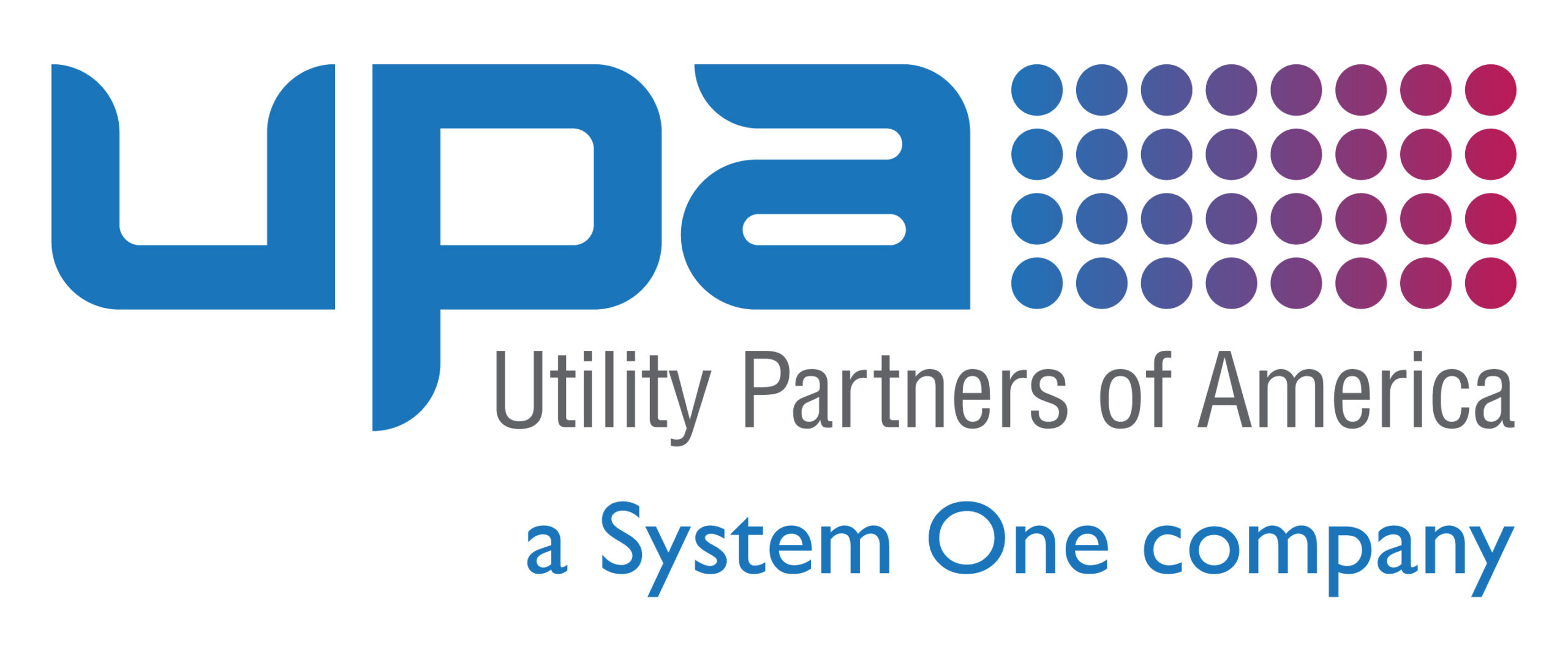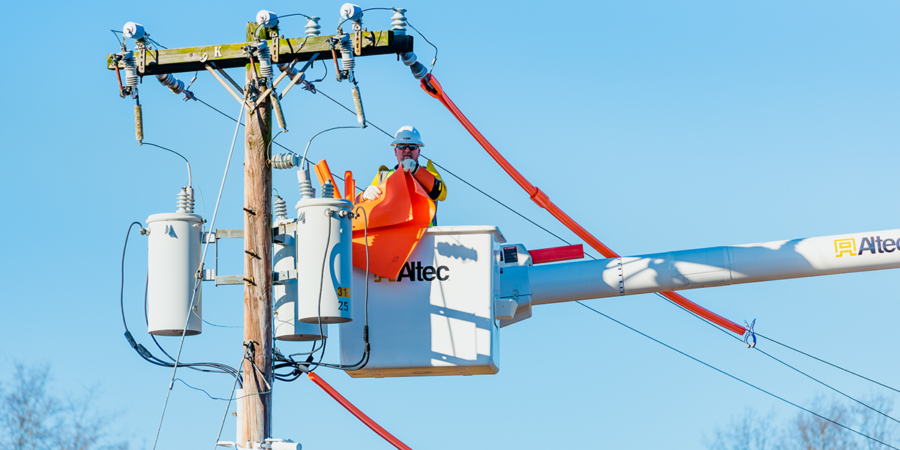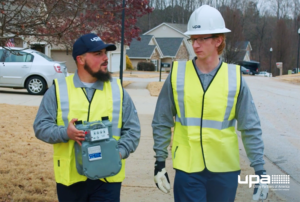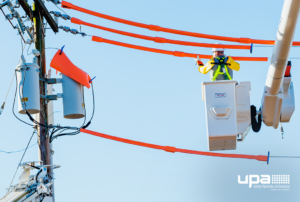The importance of safety at work reaches an entirely new level when your job exposes you to heavy equipment or high voltage. You’re asked to complete tasks under extreme temperatures or great heights. Such is life for many field service technicians. Particularly those that work for utilities and energy cooperatives that are responsible for aspects of our nation’s utility infrastructure.
But it wasn’t until 1971 and the formation of the Occupational Safety and Health Administration (OSHA) that American employers were to provide workers with a safe environment. In addition to the OSHA standards that apply to various categories like electrical, hazard communications, and respiratory protection, there is an assortment of best practices workers should always engage in to remain safe. Here are three that you can put into action today.
Be cautious when assigning someone to work alone
Depending on what the employee is doing, there may be OSHA policies in place that prohibit someone from working alone. But for employers in an industry that permits it, a formal policy outlining how, where, when, and why to work alone is never a bad idea. This policy ensures that employees will plan ahead and be prepared in the event of an accident or injury.
For instance, some policies may mandate that the worker carry a radio on his or her person at all times. In addition, the policy may require the worker to check-in via radio at set intervals throughout the job. Most importantly, make sure the policy gives the worker the right to call for backup. You should never force someone to complete an assignment alone if they don’t feel comfortable working without a partner in certain conditions.
Related: Top Tips for Running a Virtual Tailgate Meeting
Emphasize wearing personal protective equipment
OSHA will dictate the type of personal protective equipment (PPE) required for each industry. But when workers are in the field, it’s unlikely that someone will be there to force them to comply with standards. As a leader in a dangerous field, the onus is on you to educate your workers on how important it is to wear PPE for their own protection. Veteran employees may think they can get away without wearing PPE for certain tasks simply because of their familiarity with the equipment, but this type of behavior can result in serious injury and even death.
Some examples of PPE that you may want employees to wear include flame-resistant clothing, hardhats, safety glasses, and face shields. According to the OSHA website, there are five critical areas which employers must relay to workers regarding PPE:
- When it is necessary
- What kind is necessary
- How to properly put it on, adjust, wear and take it off
- The limitations of the equipment
- Proper care, maintenance, useful life and disposal of the equipment
The reasons for implementing a PPE policy extend beyond just wanting to remain in compliance with OSHA, but more importantly, to protect the safety of employees.
Related: 3 Keys to Lineworker Safety
Encourage workers to take care of their bodies
Field service technicians like those in the utility industry have physical jobs that often put unneeded stress and strain on their bodies. In order to stay in peak physical condition, workers should pay extra attention to how they feel.
As a company, you should ask your workers to stretch and warm-up before and after work. You might even consider training your employees on proper stretching to illustrate how seriously you take the issue. This type of concentration on remaining limber can help someone avoid or at least reduce discomfort around joints like shoulders, elbows, and knees.
In a story on the benefits around stretching, one of the leading health and fitness-related outlet cited nine different ways that stretching is good for us. Those advantages, courtesy of Healthline, included points on how stretching:
- Increases flexibility
- Increases range of motion
- Improves performance in physical activities
- Increases blood flow to muscles
- Improves posture
- Helps to heal and prevent back pain
- Is great for stress relief
- Can calm the mind
- Helps decrease tension headaches
If you’re interested in learning more tips for promoting safety in the field or talking to Utility Partners of America about partnering with your utilities or energy co-op, contact us today.




